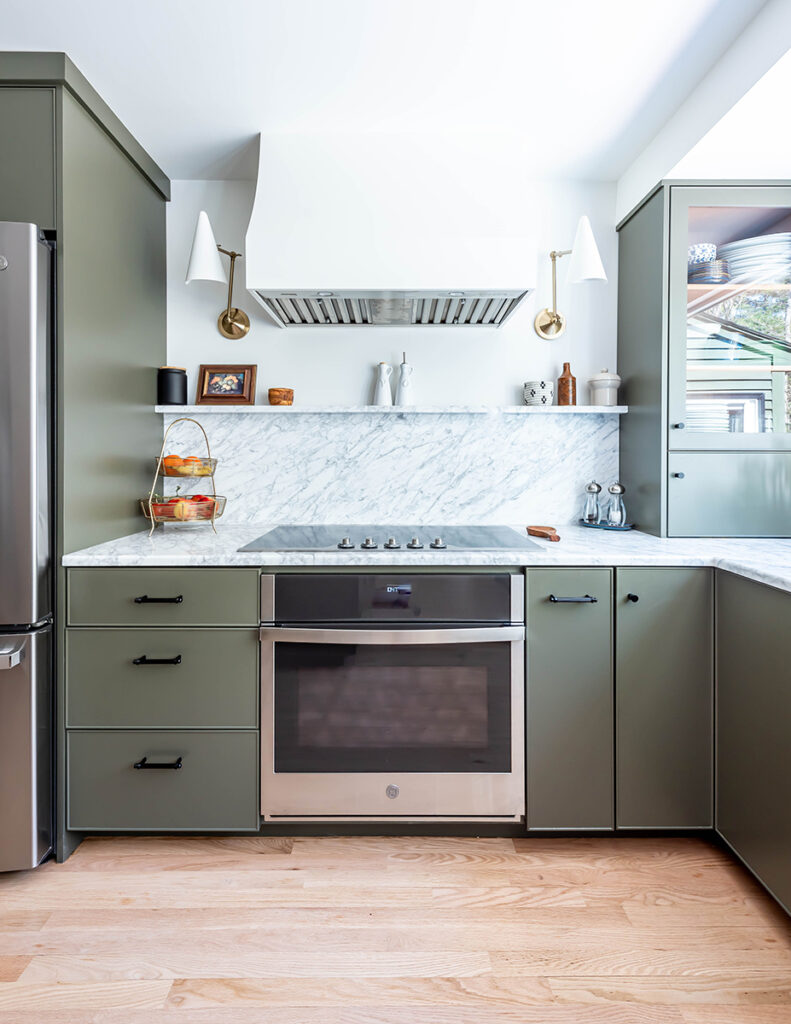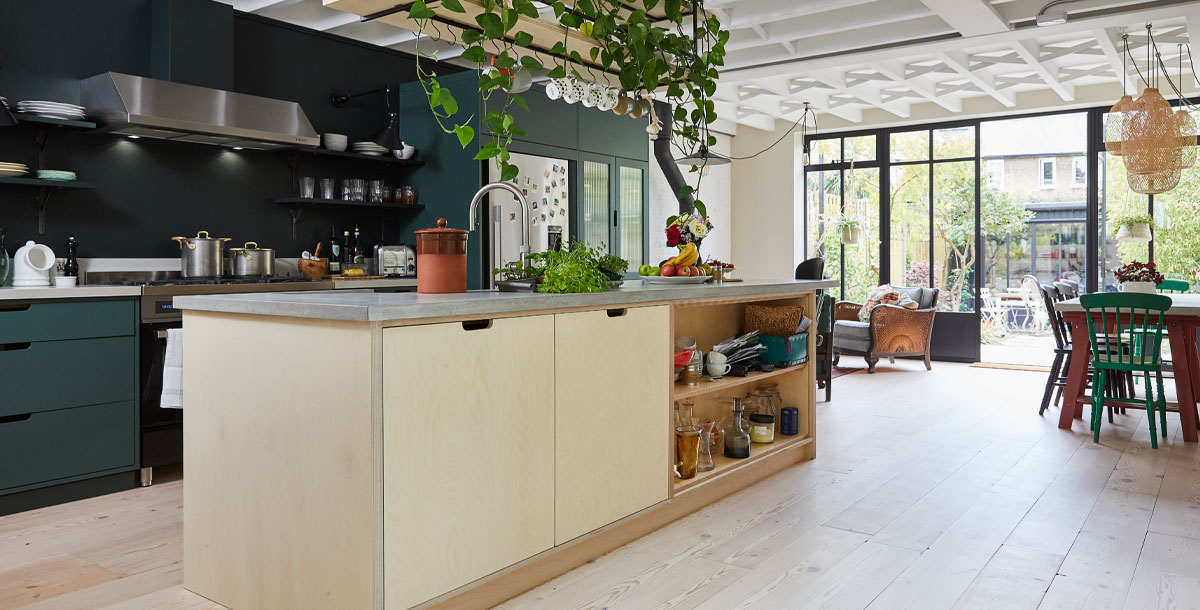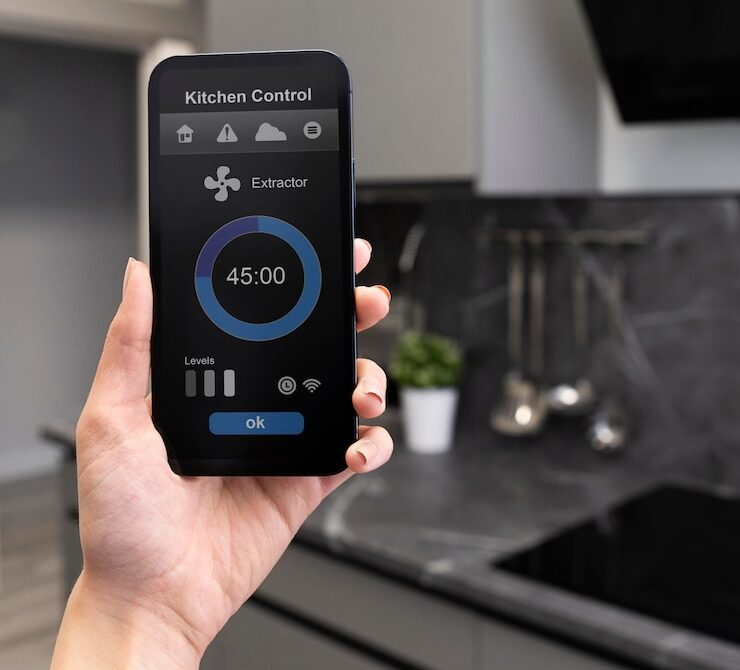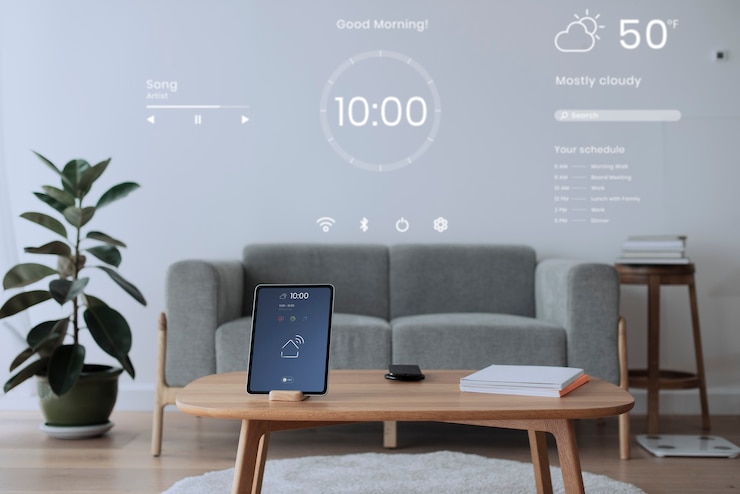Creating an Eco-Friendly Kitchen: Sustainable Remodeling Tips from Golden Hammer
Transform your kitchen into an environmentally conscious space that’s beautiful, functional, and kind to the planet.
At Golden Hammer Remodeling, we believe that sustainable design doesn’t mean sacrificing style or functionality. Today’s eco-friendly kitchens combine cutting-edge green technology with timeless design principles to create spaces that are as beautiful as they are responsible. Whether you’re planning a complete kitchen renovation or looking to make smaller sustainable upgrades, these environmentally conscious choices can reduce your carbon footprint while creating a healthier home environment.
From energy-efficient appliances to sustainable materials, here’s how to create an eco-friendly kitchen that aligns with your values and enhances your home’s value.
Owning a home is a significant investment, and like any investment, it requires care and attention to maintain its value and functionality. Regular home maintenance isn’t just about aesthetics—it’s about preventing costly repairs, ensuring safety, and preserving comfort. At Golden Hammer Remodeling, we emphasize proactive upkeep to keep your home in peak condition year after year.
1. Choose Sustainable Cabinetry
Cabinetry typically constitutes the largest component of a kitchen remodel, making it one of the most important areas to focus on for sustainability.
At Golden Hammer Remodeling, we recommend cabinets made from FSC-certified wood, which ensures the timber comes from responsibly managed forests. Alternatively, consider cabinets made from rapidly renewable materials like bamboo, which reaches maturity in just 3-5 years compared to hardwoods that can take decades.
For those seeking the ultimate in sustainability, reclaimed wood cabinets give new life to old materials while adding character and history to your kitchen. We can source beautiful reclaimed timber from old barns, factories, and other structures, creating truly unique cabinetry with minimal environmental impact.

Another eco-friendly option is choosing cabinets made from recycled or recyclable materials. Look for options with low or zero VOC (Volatile Organic Compounds) finishes to maintain healthy indoor air quality.
2. Select Eco-Friendly Countertops
Traditional countertop materials like granite and marble require extensive quarrying that can damage ecosystems. Fortunately, there are numerous sustainable alternatives that offer both beauty and durability.
Recycled glass countertops create stunning surfaces by embedding glass pieces in a cement or resin base. These countertops can contain up to 80% recycled material and come in a wide variety of colors and patterns. Similarly, recycled paper composite countertops are surprisingly durable and water-resistant while utilizing post-consumer waste paper.
For a natural look, consider butcher block countertops made from sustainably harvested or reclaimed wood. When properly maintained, these surfaces can last for decades and can be refinished rather than replaced if they become worn.
At Golden Hammer Remodeling, we also offer innovative bio-based materials like those made from compressed agricultural waste products. These surfaces combine sustainability with modern aesthetics and exceptional performance.
3. Install Energy-Efficient Appliances
Kitchen appliances account for a significant portion of household energy consumption, making them a prime target for eco-friendly upgrades.
When selecting new appliances, look beyond the purchase price to consider lifetime energy costs. ENERGY STAR certified refrigerators use about 9% less energy than models that meet the federal minimum energy efficiency standard, while ENERGY STAR dishwashers save both water and electricity.
Induction cooktops are another excellent choice for eco-conscious homeowners. These cooktops heat food more efficiently than gas or traditional electric ranges by directly heating cookware through magnetic induction, wasting less energy and keeping your kitchen cooler.

For smaller appliances, consider energy-efficient models with automatic shut-off features. And remember that properly sized appliances are key—oversized refrigerators or dishwashers waste energy and space.
4. Opt for Sustainable Flooring
Kitchen flooring endures heavy traffic and occasional spills, so durability is essential. Fortunately, many sustainable flooring options offer excellent performance while minimizing environmental impact.
Cork flooring is naturally antimicrobial, sound-absorbing, and comfortable underfoot. As a rapidly renewable resource harvested from the bark of cork oak trees without harming them, it’s an excellent eco-friendly choice.
Bamboo flooring provides hardwood-like aesthetics with superior sustainability, as bamboo grows to maturity in just a few years. For the ultimate in recycling, consider reclaimed wood flooring, which gives new life to timber from old buildings while providing unique character and patina.
At Golden Hammer Remodeling, we also offer linoleum flooring made from natural materials like linseed oil, cork dust, and wood flour on a jute backing. Unlike vinyl, natural linoleum is biodegradable and can last for decades with proper care.

5. Conserve Water with Efficient Fixtures
Water conservation is a crucial aspect of any eco-friendly kitchen remodel.
Low-flow faucets can reduce water usage by up to 30% without sacrificing performance. Many modern models incorporate aerators that maintain water pressure while using less water. Touch-activated or hands-free faucets prevent water waste by turning off automatically when not in use.
For dishwashers, look for ENERGY STAR certified models, which use less than 4 gallons of water per cycle compared to older models that might use 10 gallons or more. These efficient appliances not only save water but also the energy needed to heat it.
Consider installing a water filtration system to reduce dependence on bottled water. Options range from under-sink systems to faucet attachments, all of which can dramatically reduce plastic waste while providing clean, great-tasting water.
6. Embrace Sustainable Lighting Design
Proper lighting is essential in the kitchen, but traditional lighting solutions can consume significant energy.
LED lighting uses at least 75% less energy and lasts 25 times longer than incandescent lighting. Available in a variety of color temperatures, LEDs can create any ambiance from warm and cozy to bright and energizing.
At Golden Hammer Remodeling, we recommend a layered lighting approach that combines energy-efficient ambient lighting with task lighting in food preparation areas and accent lighting to highlight design features. Whenever possible, we incorporate natural light through windows, skylights, or solar tubes to reduce daytime energy usage.
Smart lighting systems that allow you to control brightness and automatically turn lights off when not needed can further reduce energy consumption. Many of these systems can be controlled via smartphone apps or voice commands for added convenience.

7. Incorporate Recycling and Composting Solutions
A truly eco-friendly kitchen makes sustainable waste management convenient and intuitive.
Built-in recycling and composting stations eliminate the need for freestanding bins that take up floor space. We can design custom cabinetry with multiple bins for separating recyclables, compostables, and landfill waste.
Consider adding a compost drawer that allows you to collect food scraps for garden composting or municipal collection. Some innovative designs even incorporate small-scale indoor composting systems that break down food waste quickly with minimal odor.
For homes with gardens, we can design kitchen layouts that facilitate the easy transfer of compostable materials outdoors, creating a closed-loop system that returns nutrients to the soil.
At Golden Hammer Remodeling, we believe that sustainable kitchen design is not just about choosing eco-friendly materials—it’s about creating a space that supports and encourages environmentally responsible habits every day. Our approach integrates these elements seamlessly into beautiful, functional kitchens that reflect your values while enhancing your home’s value and your quality of life.

Frequently Asked Questions (FAQ)
1. Does an eco-friendly kitchen remodel cost more than a conventional one?
2. Which sustainable kitchen materials require the least maintenance?
3. How much can I expect to save on utility bills with an eco-friendly kitchen?
4. Can I create an eco-friendly kitchen if I'm not doing a complete remodel?
5. Are eco-friendly kitchens as durable as conventional ones?
6. How do I know if materials are truly sustainable and not just "greenwashed"?
7. Will an eco-friendly kitchen appeal to future homebuyers if I decide to sell?
Blog
Looking for more insights? Explore our blog for expert tips, in-depth guides, and the latest trends.
Keep discovering more content to help you stay ahead!
